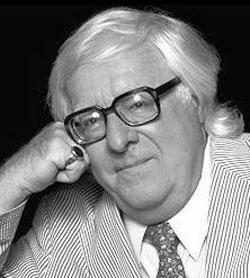I’m a word nut.
There. I’ve admitted it. There is probably a group with ten steps for people like me, those of us who hate the idea of losing great words to non-usage, words like obstreperous and vexed.
It vexes me greatly when the boys grow obstreperous over their videogames at two in the morning, when I’m sleeping.
Sometimes even a word hound gets thrown for a loop. Then, there is that occasion when word-ists get incensed at the misusage of common terms, and it turns out to be regularly found – simply confined to another part of the country.
Back before the internet (back before me, as a matter of fact), a fellow from North Carolina named William Edgerton wrote a paper on the usage of the words spigot and spicket. In his very simplistic unscientific survey, he asked his college-aged students to report what words were used in their childhood home to describe that device that released water from the pipes into the kitchen sink.
The results?
His students were nearly unanimous in submitting the term – spicket.
I did not grow up in North Carolina, although my distant ancestors lived in the very area in which Mr. Edgerton conducted his study. Many terms in the vocabulary I learned at home had been handed down over the generations, words like “fix” to describe the assembling of a sandwich, as in: Will you fix me a sandwich?
In fact, I was called out on that one in Rhode Island, when the fellow at the deli counter replied, “No, I can’t fix something that isn’t broken.” It took me a second or two to understand what he was talking about. I had used the word in that context my entire life and assumed it to be universal rather than regional. I discovered much later that the usage in that context was a crude translation from Gaelic, in which no single word could adequately express the same intention. Because of the distinct settlement patterns of the early Scots-Irish, the term became a regionalism.
Spicket?
I’ve never heard it said that way, despite Mr. Edgerton’s survey results. It was spigot, with a G, when it was ever heard, although I grew up with the term “faucet.” Turn on the faucet and brush your teeth. Turn on the tap?
Never.
Apparently a lot of others across the US had something different in their houses, because I’ve never seen a spicket once, that I know of. But enough of that. I need to fix a sandwich.


